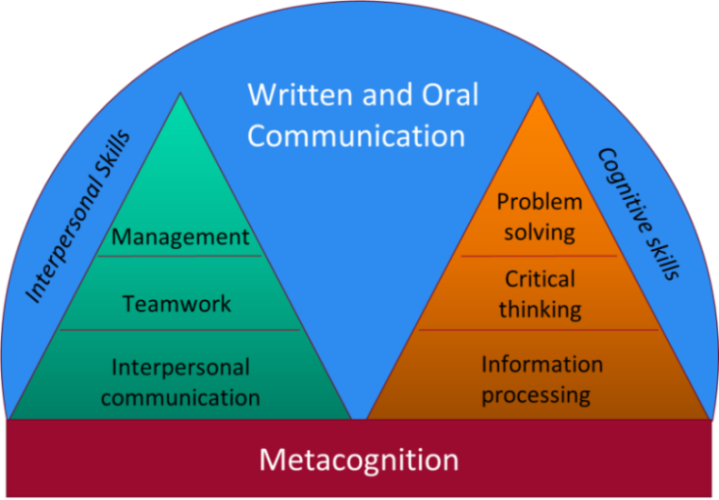In many STEM classrooms instructors are implementing teaching pedagogies that can lead to the development of crucial process skills. Employers emphasize the importance of interpersonal skills (interpersonal communication, teamwork, management) and cognitive skills (information processing, critical thinking, and problem solving), as well as written/oral communication. Identifying, facilitating, and assessing process skills in a classroom will heighten awareness and understanding (for both instructors and students) of the centrality of process skill development to the overall educational experience of undergraduates. The ELIPSS project provides rubrics that allow assessment of process skills in the classroom during student interactions and in student written work. This approach supports meaningful learning in the classroom while helping students develop critical workplace skills.

Critical Thinking
Analyzing, evaluating, or synthesizing relevant information to form an argument or reach a conclusion supported with evidence.
Information Processing
Evaluating, interpreting, manipulating, or transforming information.
Problem Solving
Identifying, planning, and executing a strategy that goes beyond routine action to find a solution to a situation or question.
Teamwork
Interacting with others and building on each other’s individual strengths and skills, working toward a common goal.
Written/Oral
Communication
Conveying information and understanding to an intended audience through written materials or presentation.
Management
Planning, organizing, directing, and coordinating one’s own and others’ efforts to accomplish a goal.
Interpersonal Communication
Exchanging information and ideas through speaking, listening, responding, and non-verbal behaviors.
Metacognition
Thinking/reflecting about one’s thinking and how one learns, and being aware of one’s knowledge.
